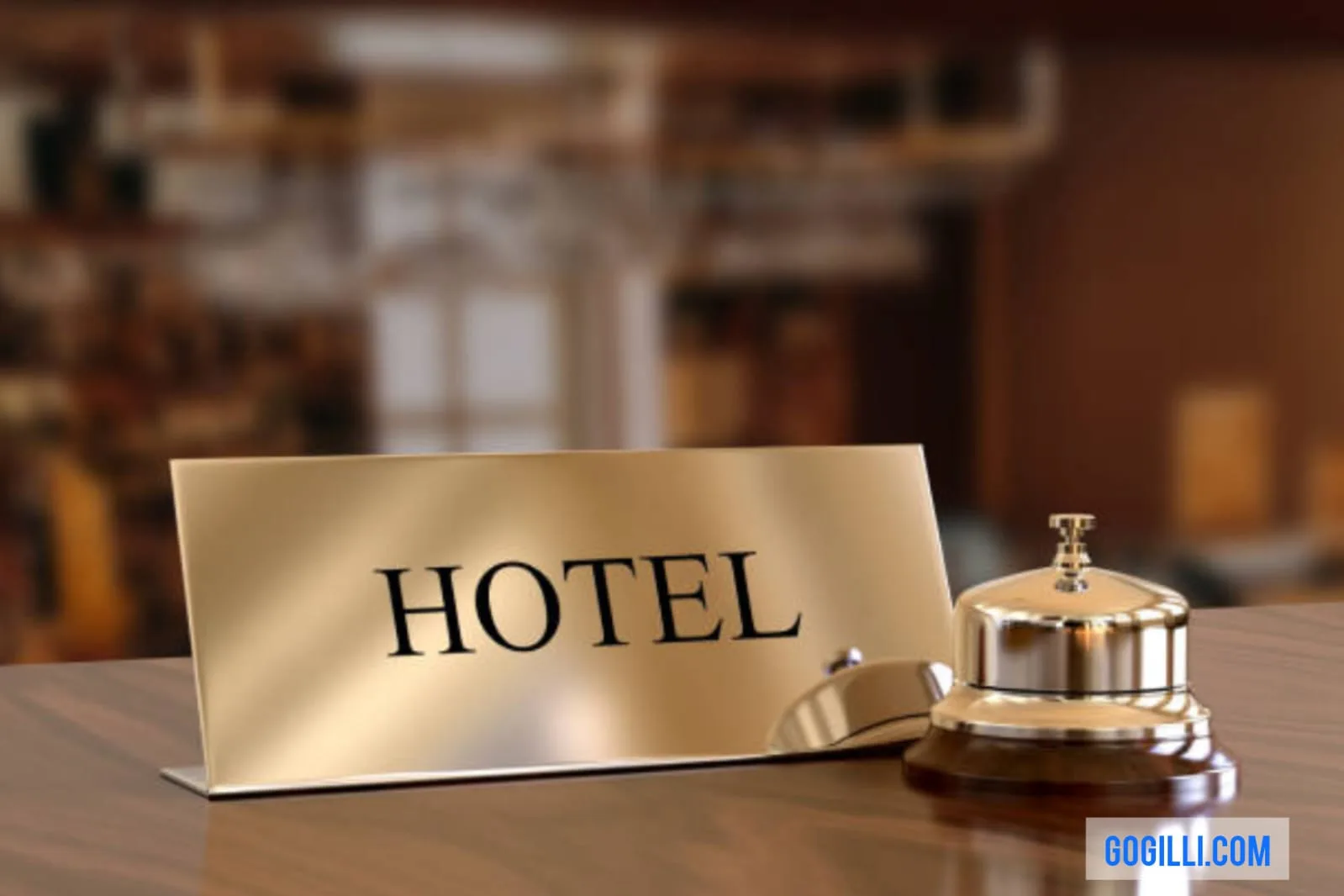It’s critical to maintain competitiveness and deliver exceptional customer experiences in the ever-changing hotel management. The Point of Sale (POS) system is one of the main technologies causing this shift.
From basic hotel management cash registers to complex, integrated solutions, these technologies have developed throughout time to improve customer service, streamline operations, and ultimately help hospitality organizations succeed in hotel management.
Streamlining Operations:
Beyond only transaction processing in hotel management, modern point-of-sale systems do much more in hotel management. They function as all-inclusive instruments for overseeing several facets of hospitality operations. One important area where POS systems have had a big impact is inventory management.
In addition to lowering manual errors, automated tracking of stock levels, ingredient usage, and order history also helps to maximize inventory, minimize waste, and guarantee that popular items are always in stock.
In hotel management POS systems also make order processing more efficient to boost hotel management . These systems shorten wait times and increase customer satisfaction by speeding up the order-to-service cycle, whether they are used for quick-service terminals in cafés or tableside ordering in restaurants.
1. Improving team coordination For Hotel Management
In hotel management effective communication, efficient procedures, and technological integration are all necessary to improve team coordination in the hospitality sector, especially when using a Point of Sale (POS) system. Using a POS system, the following tactics can improve teamwork in a hospitality setting:

Instruction and Acquaintance:
Ensure that the POS system is used correctly by every team member. Both front-of-house employees (hosts and servers) and back-of-house employees (kitchen, management) are included in this.
Update training frequently to reflect POS system enhancements and new features.
Open Lines of Communication:
Create a clear channel of communication among team members. To enable prompt and effective communication, make use of task management software, messaging applications, or internal communication systems.
To reduce misunderstandings, establish a common language for order communication.
POS Integration System:
Select a point-of-sale system that works well with other hospitality-related systems, like reservation, inventory, and kitchen display systems.
Integration guarantees that all pertinent data is shared across departments, minimizes errors, and reduces the amount of human data entry.
Current Updates:
Make use of a point-of-sale system that offers up-to-date information on orders, stock levels, and available tables in real-time.
This lowers the possibility of errors or delays by ensuring that everyone in the team is working with the most recent information.
Cross-Education:
Teach staff members to take on different responsibilities within the hospitality company. This makes it possible to be flexible during busy periods and guarantees that everyone is aware of the full workflow.
Frequent Get-togethers and Input:
Call frequent team meetings to go over issues, make changes, and hear opinions about the POS system.
To keep a productive workplace, promote open communication and quickly resolve any problems.
Mobile Points of Sale:
Provide employees with mobile point-of-sale (POS) devices so they can take orders, handle payments, and retrieve data from any location within the business.
This can greatly increase productivity and lessen traffic jams during peak hours.
Analytics for Performance:
Use the POS system’s analytics tools to monitor key performance indicators (KPIs) including peak hours, popular menu items, and order processing times.
Utilize this information to streamline processes and make wise decisions.
Emergencies Procedures:
Establish explicit procedures for handling POS system failures or outages. Make sure backup measures are up to avoid service interruptions.
CRM stands for customer relationship management.
Connect CRM functions with the point-of-sale system to monitor customer preferences, past orders, and reviews. To improve the customer experience, this information can be shared between departments.
By putting these tactics into practice, you may use a POS system in a hospitality setting to increase team cooperation, which will streamline operations and raise client satisfaction.
2. Facilitate smooth services in hotel management
With a Point of Sale (POS) system, you can streamline services in the hotel management by implementing the following best practices and advice:
Selecting the Appropriate Point of Sale System:
Opt for a point-of-sale system tailored to the hotel sector. A few things to look for are order processing, menu administration, and interaction with other critical systems.
Management of Menus:
Make sure that hotel managing menus is simple and effective with your POS system. This includes having fast access to updated menu items, costs, and descriptions.
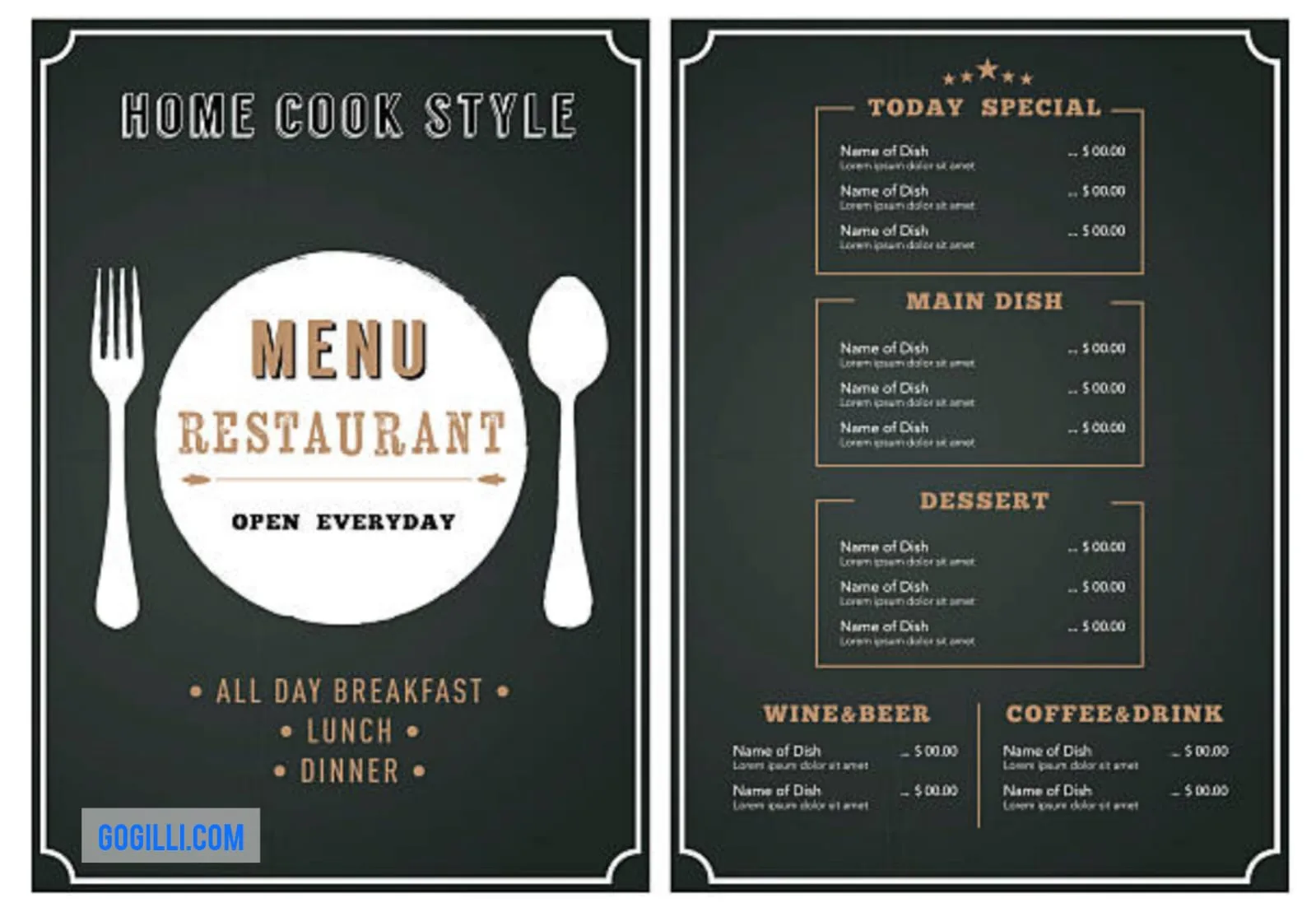
Order Fulfillment:
Put in place a user-friendly order processing system. Employees should be able to input orders, modify goods, and split or combine checks with ease thanks to this.
Connectivity with Different Systems:
Connect your point-of-sale (POS) system to other vital platforms, such as customer relationship management (CRM), and inventory control. Errors are decreased and procedures are streamlined because of this integration.
Friendly User Interface:
To make your hotel management more effective teach each your employees how to operate the POS system effectively. To minimize errors and shorten the learning curve for new hires, the interface should be easy to use.
Mobile POS:
Think about taking orders at the table directly with tablets or mobile point-of-sale devices. By cutting down on wait times and increasing order accuracy, this can improve customer service.
Methods of Payment:
Provide a range of payment methods, in your hotel management such as cash, credit/debit cards, and mobile payments. Make sure these payment types can be securely processed by your POS system.
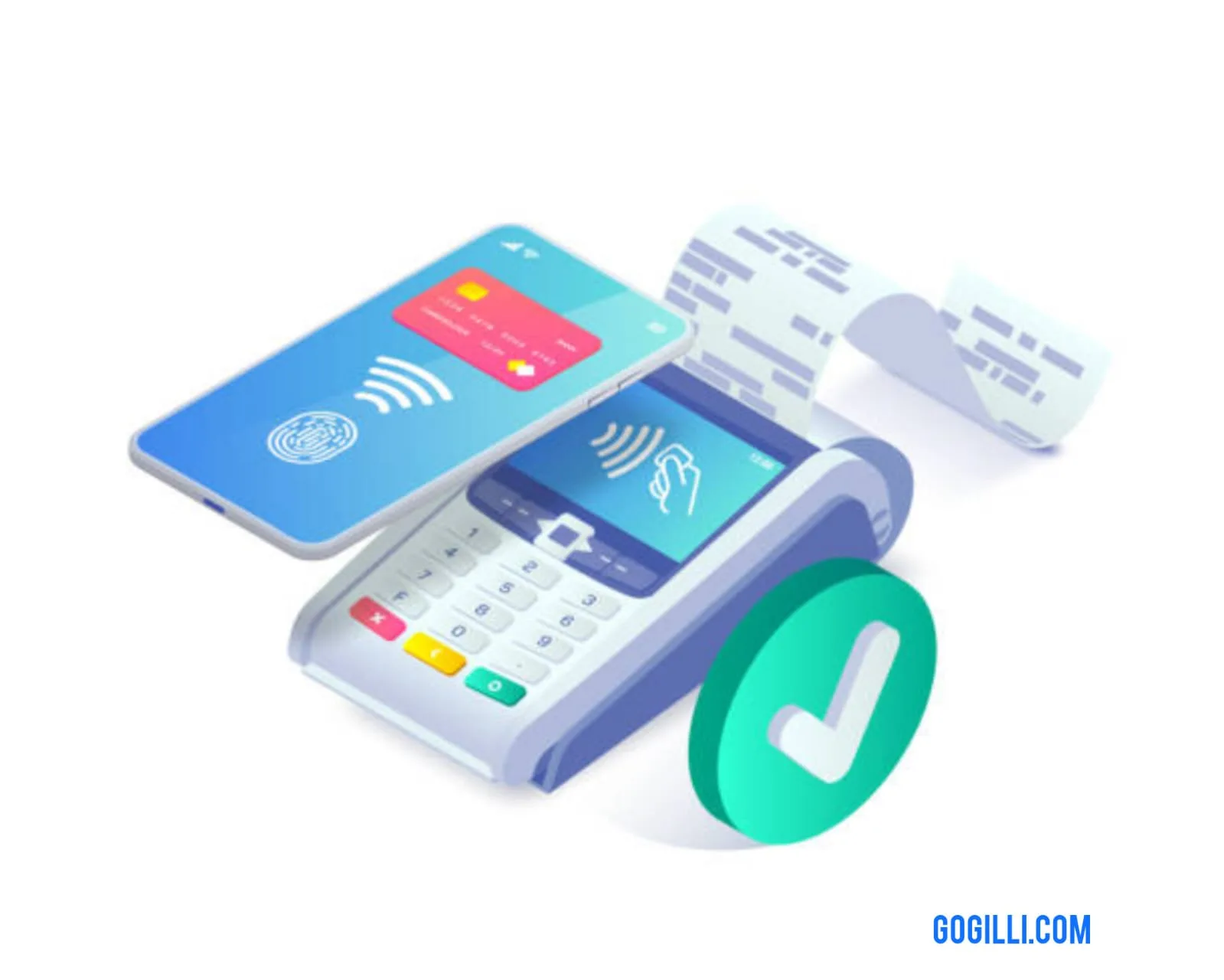
Safety precautions:
Put security measures in place to safeguard client information and stop fraud. This includes access controls to prevent unauthorized users and encryption for financial transactions.
Analytics and Reporting:
Make use of your POS system’s analytics and reporting capabilities. This can give you information on popular menu items, sales trends, and employee performance, enabling you to make well-informed business decisions.
Programs for Customer Loyalty:
Integrate your POS system with customer loyalty programs, if applicable. This may support client retention and promote repeat business.
Regular Maintenance and Modifications:
Make sure the most recent version of your POS system is updated and maintained regularly. This facilitates the addition of new features, performance enhancements, and problem fixes.
Staff Education:
Make a significant investment in your employees’ comprehensive POS system training. This lowers error rates and guarantees that your team can fully utilize the possibilities of the system.
3. it’s more convenient Hospitality with POS for hotel management
In terms of convenience and productivity, POS system implementation in hospitality—that is, in restaurants, lodging facilities, or other service-oriented enterprises—can provide a number of benefits. In the hospitality industry, a point-of-sale system can improve convenience in the following ways:
Efficiency of Ordering and Billing:
Faster Transactions: Order taking is streamlined by POS systems, which shortens the time it takes for workers to process orders and for customers to place them.
Precise Invoicing: Automated invoicing minimizes the probability of computational errors, guaranteeing precise costs for the services provided.
Inventory Control:
Real-time Tracking: Inventory management and point-of-sale (POS) systems frequently interface to provide real-time stock level tracking. This makes it easier for companies to manage their inventory and lowers the likelihood that they will run out of necessities.
Table Management:
Effective Table Turnover: By monitoring each table’s condition, POS systems can assist in controlling table turnover. In restaurants, where maximizing seating is essential for business, this is especially helpful.
Interaction with Other Systems:
Seamless Integration: Customer relationship management (CRM) platforms, accounting software, and staff scheduling are just a few of the tools and systems that POS systems can seamlessly interact with. This connectivity improves overall corporate operations and reduces the need for manual data entry.
CRM stands for customer relationship management.
Customer Data Management: By storing customer data and purchase histories, POS systems allow companies to create loyalty programs, customize services, and give customers a more customized experience.
mobile POS:
Service Flexibility: Employees can accept orders and handle payments at the customer’s table immediately thanks to mobile point-of-sale (POS) systems. Cutting down on wait times and improving personnel availability, improves customer service.
Analytics and Reporting:
Data-driven insights: Point-of-sale (POS) systems produce comprehensive reports and analytics that offer insightful information on sales patterns, best-selling products, and busy times. Hotel management can use this information to make well-informed decisions regarding their operations and product offers.
Security:
Transaction Security: To lower the possibility of fraudulent activity, point-of-sale (POS) systems frequently include integrated security features like encryption and secure payment processing.
Hotel management businesses in the hospitality sector can make the customer and employee experience more easy and efficient by utilizing POS systems. Selecting a system that is compliant with the
4. Enhanced Guest Experience:
Providing outstanding client experiences is the lifeblood of the hospitality sector for hotel management . POS systems are essential in accomplishing this since they provide capabilities that satisfy the tastes and demands of today’s tech-savvy customers
Personalized Services: Point of sale (POS) systems allow companies to gather and examine consumer information. With the use of this data, individualized experiences can be produced, such as loyalty programs that honor regular customers or personalized menu recommendations based on past orders.
Mobile Payments and Ordering: As mobile technology has grown, many point-of-sale (POS) systems now facilitate mobile payments and ordering. Orders can be readily placed by customers using their smartphones, which expedites and expands the process. Another factor in a smooth and safe transaction experience is mobile payments.
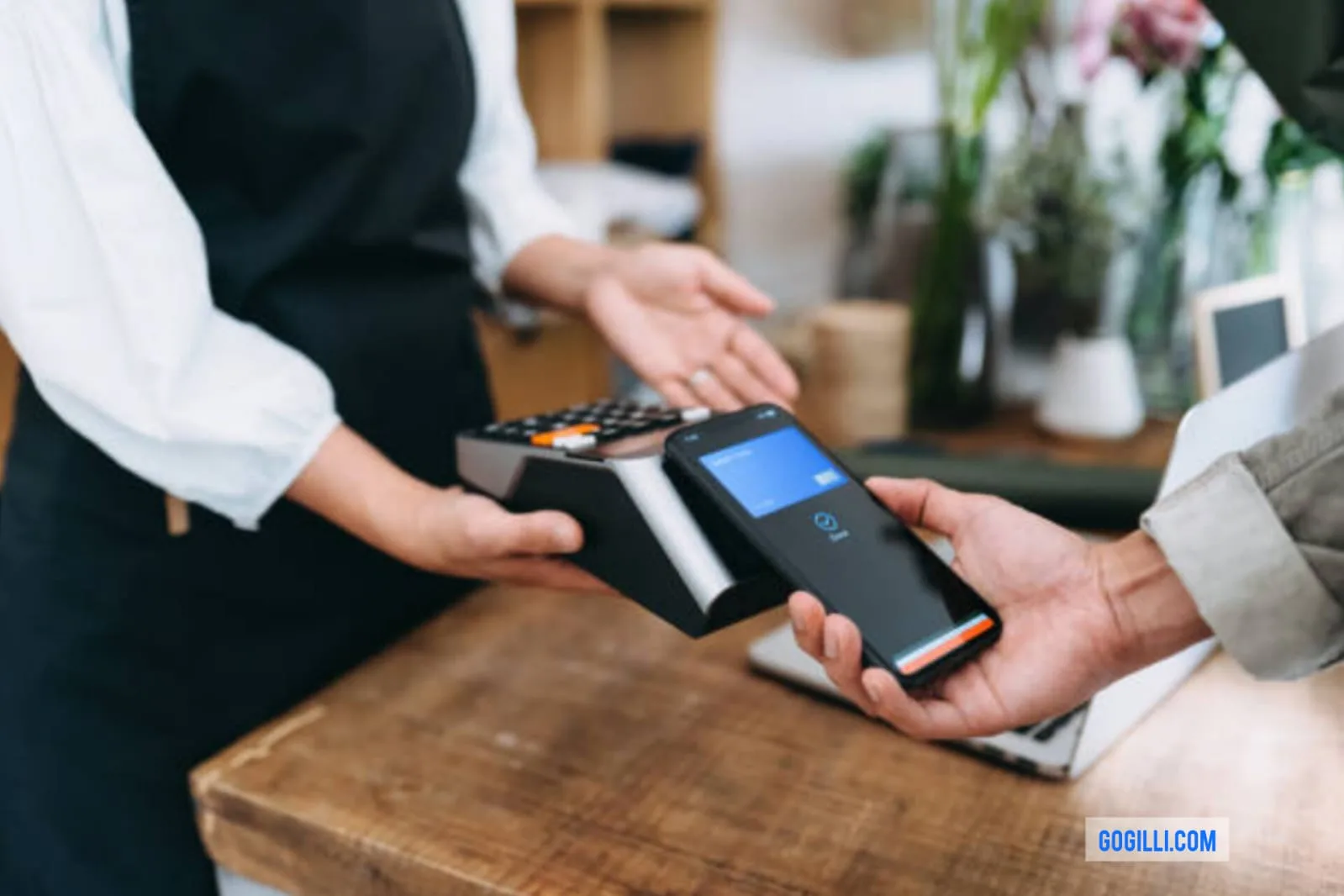
Integration with Online Services: To guarantee a seamless transition between in-house and online services, POS systems can integrate with online reservation and delivery platforms. The business’s reach is increased by this link, which also makes it possible to centrally manage orders and customer data.
some important things to think about:
Effective Arrival and Departure Process:
To expedite the check-in and check-out procedure, implement a user-friendly point-of-sale (POS) system.
Make sure employees are properly taught to utilize the POS system, cutting down on wait times.
Correct Invoicing:
Make accurate use of the POS system to monitor lodging, meals, and other service expenses.
To prevent any surprises at check-out, provide guests with clear, itemized bills.
5. Auto Mail Task For Better Access To Information For Hotel Management:
In hotel management mail tasks related in hotel management might be automated, including reservation confirmations, email correspondence, billing, and more. Simplifying processes and improving the overall visitor experience can be achieved by integrating these functions with a POS system. Below is a summary of the automation applications:

Reservation Verification and correspondence:
Automate the process of emailing guests with communication and reservation confirmations. This may contain information regarding their reservation, the check-in and check-out processes, and any other pertinent details.
Billing and Invoicing:
Connect the automated invoicing system to the point of sale system. This guarantees timely and accurate bill generation. One further feature of automated billing is the ability to email invoices to visitors, making the procedure quick and easy.
Feedback and Follow-up:
Configure autoresponder emails to ask visitors for feedback following their visit. This might assist in gathering insightful data for bettering services. To promote recurring business, you should also automate follow-up emails or promotional offers.
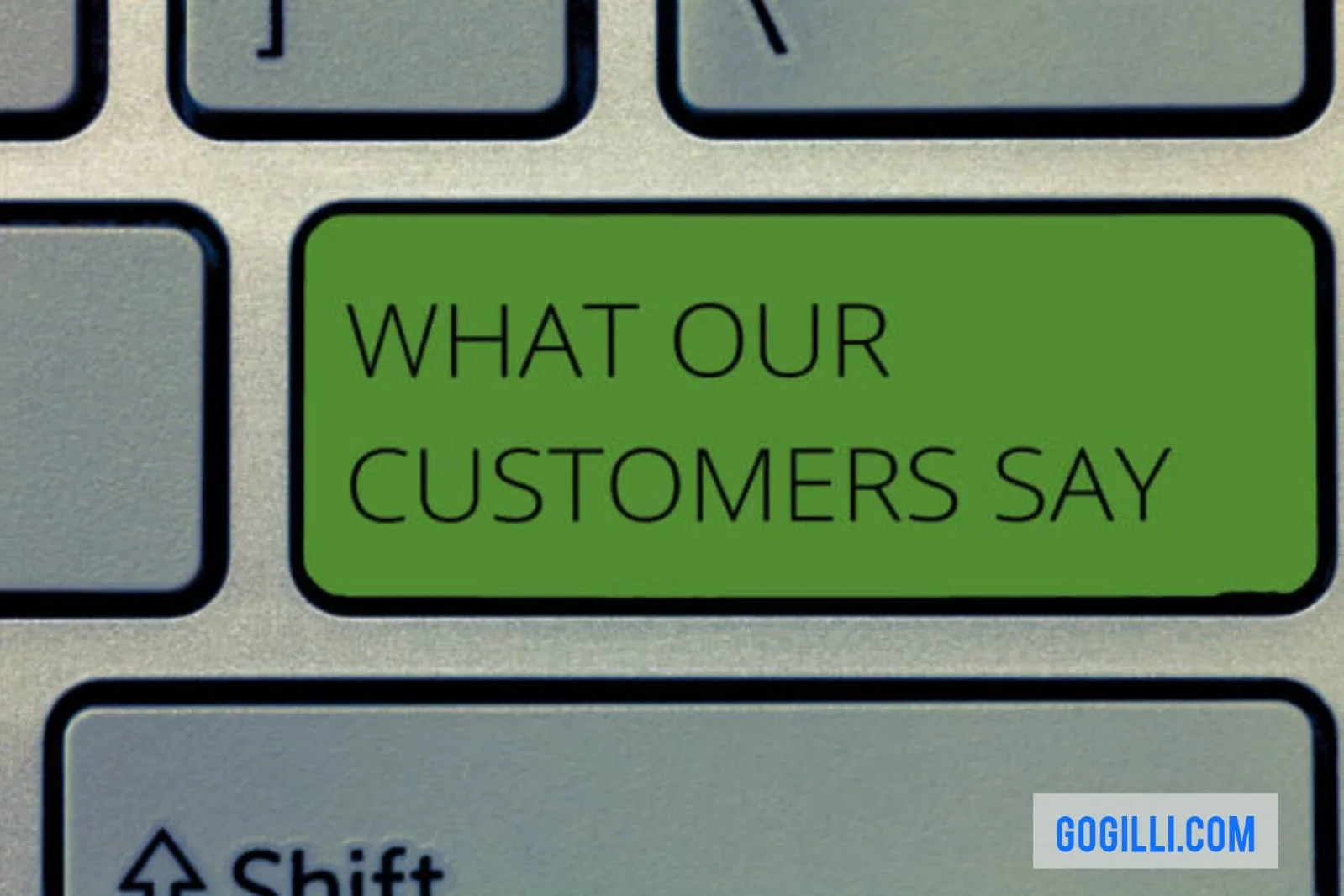
Programs for Membership and Loyalty
If your hotel company offers a membership or loyalty program, automate the process of informing members about special offers, incentives, and updates based on their preferences and activity.

Post-Residence Surveys
Send out post-stay surveys automatically to get comments on the entire experience. Guest happiness can be maintained and changes can be guided by the analysis of this input.
Connecting to Customer Relationship Management (CRM)
Consolidate your visitor data into a single database by integrating your POS system with CRM. This can provide tailored service and communication depending on the guest.
Event Reminders
Automate the reminders that attendees receive for any events or conferences that your hospitality firm hosts. Add information on the venue, the schedule, and any other pertinent details.

Recognition of Special Occasions
Automate the process of identifying unique events, like visitors’ birthdays or anniversaries. To make their stay special, send them notes or offers that are tailored to them. this will enhance your hotel management business.
Tip: Your guests’ stay will be more enjoyable and memorable if you pay attention to these details in your hotel management and use a POS system that is well-integrated.
